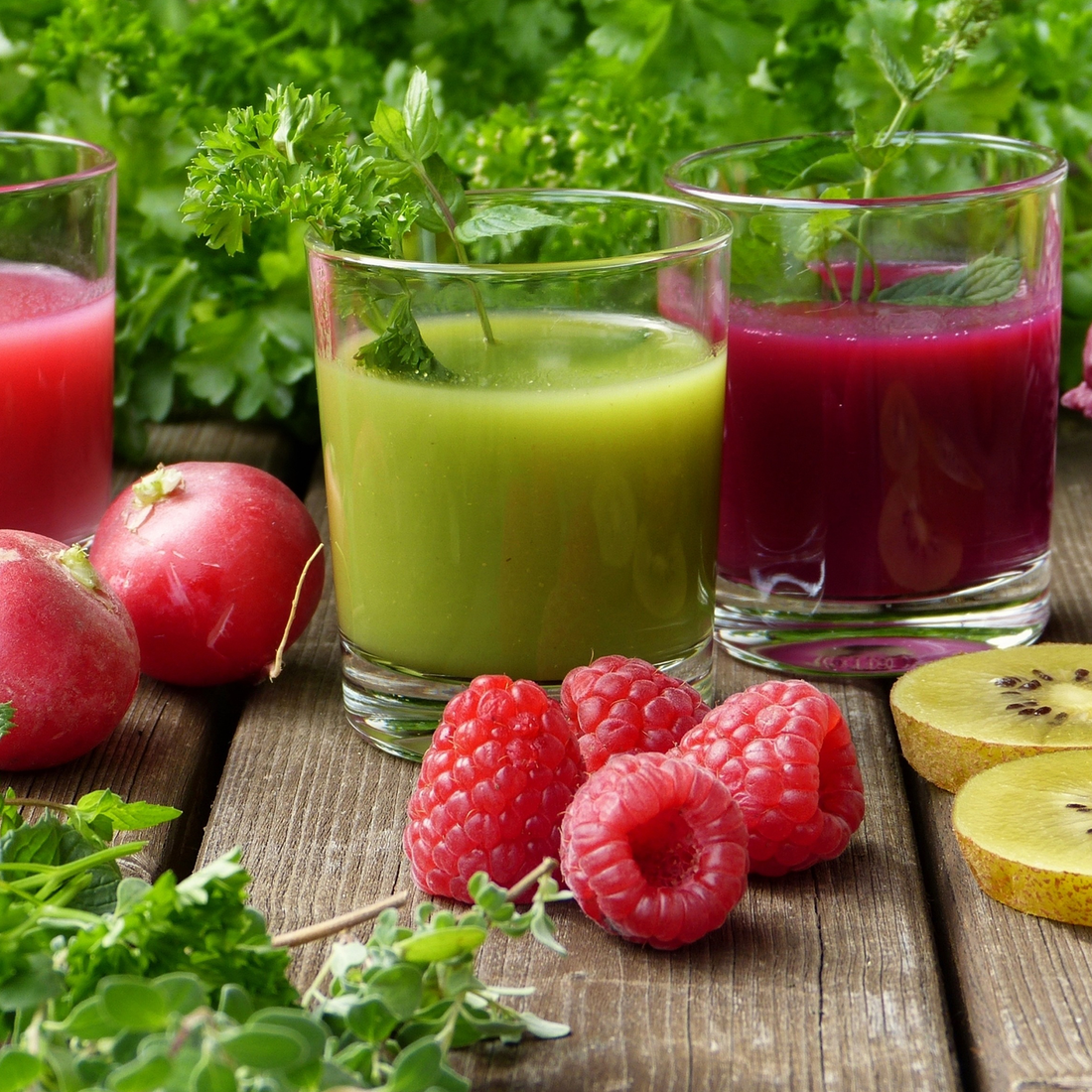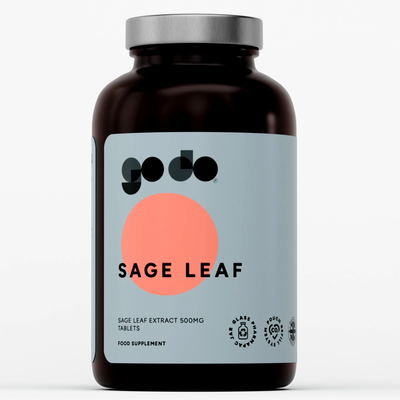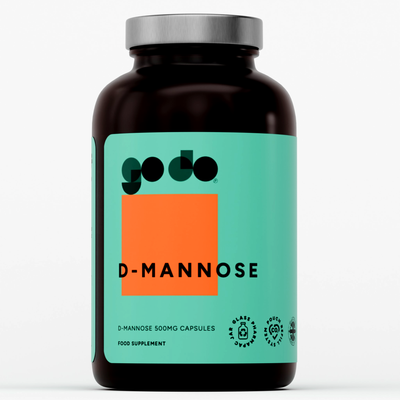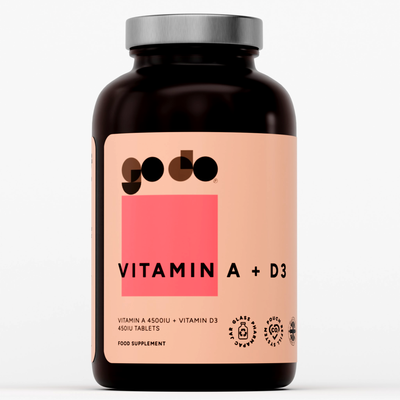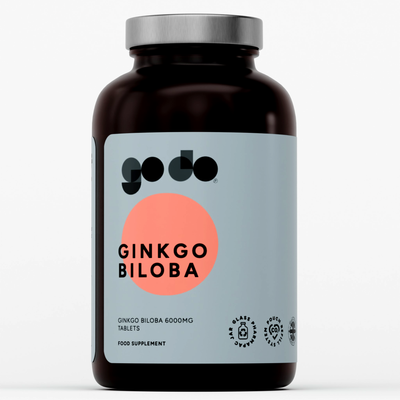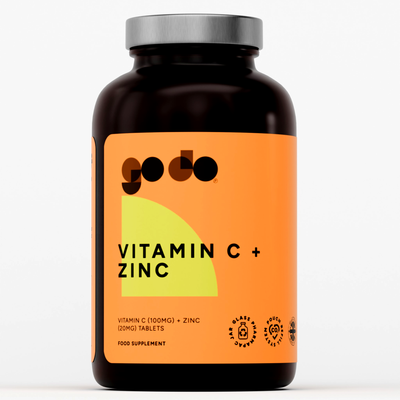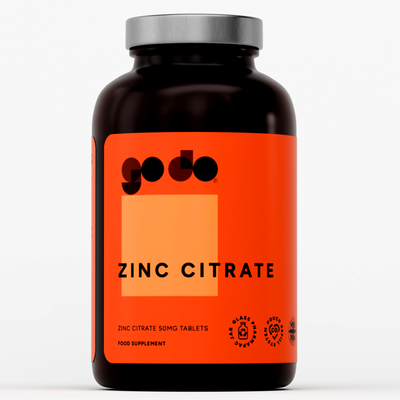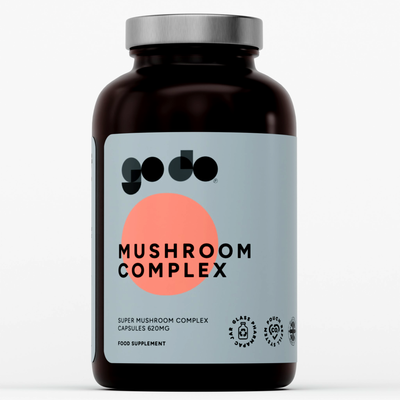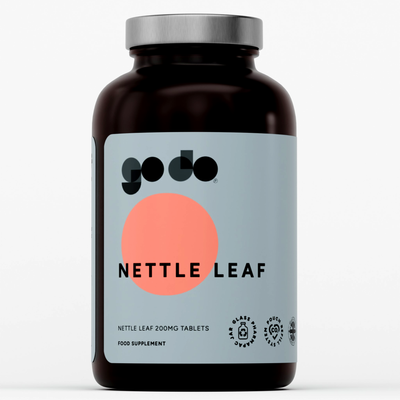Potassium is a mineral that occurs naturally, and is necessary in small amounts for sustaining human life and function. Because the human body doesn’t produce potassium on its own, we must obtain adequate amounts of this mineral from the foods and beverages we consume.
In the human body, potassium serves as an electrolyte, which assists in conducting neurochemical impulses throughout the body. Potassium uses include blood pressure maintenance, proper digestion, regulation of neural impulses, and smooth muscle function.
What is a normal potassium range?
The normal range of potassium in the adult human bloodstream is between 3.6 and 5.2 millimoles per liter of blood. Hyperkalemia occurs when concentration is below this range; hyperkalemia occurs above it.
Hypokalemia (potassium deficiency) can lead to serious health problems. It is typically caused by rapid fluid loss, such as from vomiting, sweating, or diarrhea. Symptoms include weakness and fatigue, heart palpitations, tingling or numbness in the extremities, muscle stiffness, and breathing difficulties.
Similarly, hyperkalemia (potassium excess) can lead to a host of problems. Large concentrations - above 6 millimoles per liter of blood - can even be fatal. Liver and kidney damage, excess supplementation, and excessive alcohol use can all contribute to hyperkalemia.
Which foods provide potassium?
The recommended daily intake for people over 14 years in age is 4,700 mg per day. Breastfeeding women may require a slightly higher intake, while children younger than 14 require less potassium in their diets. It’s especially important to talk to your pediatrician if you are concerned about an infant’s potassium levels - experts recommend no more than 400 mg a day for younger infants.
Nutritionists commonly recommend eating bananas for an effective potassium boost - just one banana raises your potassium intake by 422 mg. Bananas are convenient and almost universally liked, which explains why they are the first potassium-rich foods that come to mind.
There are plenty of other foods that can help you elevate potassium levels, though. One half of a medium avocado provides 487 mg of potassium; a whole avocado provides 20% of your daily recommended intake. Similarly, spinach is a potassium powerhouse - one cup of cooked spinach offers 540 mg of potassium.
Other potassium-rich foods include edamame, white and black beans, watermelon, potatoes, and coconut water. Keep in mind, though, that boiling and high heat can decrease the potassium levels in foods.
What about supplements?
While many people obtain sufficient calcium from the foods they eat, potassium-rich foods don’t appeal to everyone. Others may require additional intake to make up for loss through urine, sweat, vomiting, or muscle cramping. For these people, potassium supplements can help keep potassium levels within range.
One primary advantage is that you don’t have to track your potassium intake from foods, or the loss of potassium caused by boiling or cooking these foods.
Although people often worry about taking too much potassium, a potassium overdose would be rare in anyone with normal kidney function - healthy kidneys effectively flush excess potassium of the body through urine, which makes overdosing a minimal risk.
